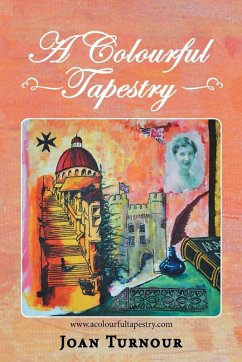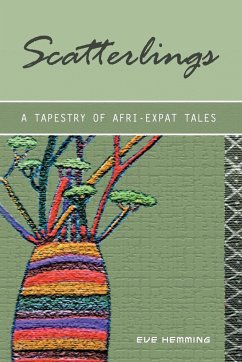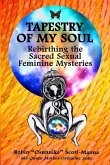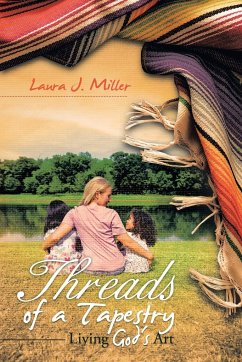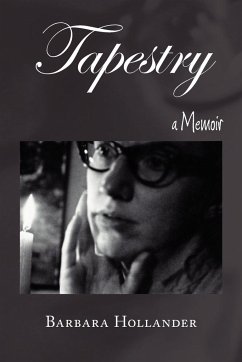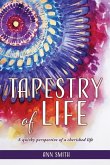From life in Malta in the nineteen thirties, when Britannia ruled the waves and her father was part of the Grand Fleet, Joan describes the start of World War II and life in an English village under the threat of invasion. But memories of the Mediterranean stay with her, and in 1952, seduced by posters with a tropical background and the promise of a new life in the land of milk and honey, Joan migrates to Australia as a Ten Pound Pom. Working as a secretary, a housemaid, and a waitress, Joan finally settles in outback Darwin where she meets Jack, an inveterate pioneer, and her real adventures begin. Joan describes the challenges of farming in the Northern territory, accompanying her husband on aid projects in Indonesia and the Philippines, and raising four children.
Hinweis: Dieser Artikel kann nur an eine deutsche Lieferadresse ausgeliefert werden.
Hinweis: Dieser Artikel kann nur an eine deutsche Lieferadresse ausgeliefert werden.

